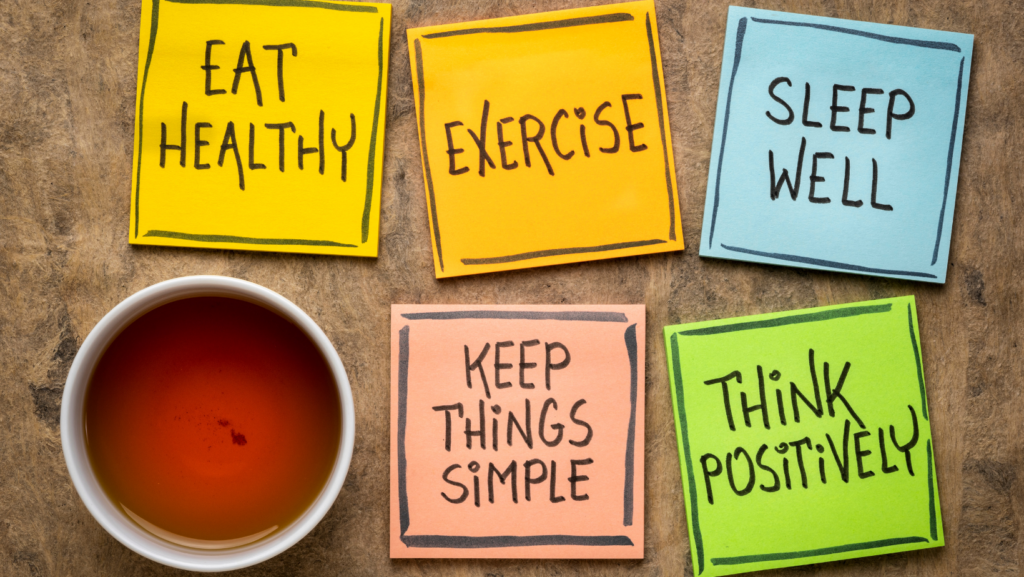Building Resilience: Strengthening Your Mental Fortitude for Life’s Challenges
Life is a series of ebbs and flows, filled with unexpected twists and turns. In the face of adversity, emotional resilience becomes a valuable asset—a toolkit that empowers you to navigate challenges with grace and strength. In this blog post, we’ll delve into the art of building emotional resilience and provide actionable strategies to fortify your mental wellbeing.
Understanding Emotional Resilience
Emotional resilience is the ability to bounce back from setbacks, adapt to change, and maintain your equilibrium in the face of adversity. It’s not about avoiding difficult situations but about cultivating the inner strength to cope, learn, and grow from them.

The Benefits of Emotional Resilience
Cultivating emotional resilience offers a range of benefits for your mental and emotional wellbeing:
Enhanced Coping Skills: Resilience equips you with effective coping strategies to manage stress, anxiety, and emotional upheaval.
Increased Mental Clarity: Resilient individuals are better able to think clearly and make thoughtful decisions even during challenging times.
Improved Mental Health: Developing resilience can contribute to reduced symptoms of depression and anxiety.
Better Relationships: Resilience allows you to navigate conflicts and maintain healthy relationships, even in the face of disagreements.

Strategies for Building Emotional Resilience
Practice Mindfulness: Mindfulness techniques, such as deep breathing and meditation, can help you stay present, grounded, and focused on the moment.
Develop Healthy Connections: Maintain a support network of friends, family, or a therapist. Sharing your feelings and seeking guidance can ease emotional burdens.
Adaptability: Embrace change as an opportunity for growth. Viewing challenges as learning experiences can foster resilience.
Positive Self-Talk: Challenge negative thoughts with positive affirmations. Cultivate self-compassion and treat yourself with kindness.
Problem-Solving Skills: Break problems into manageable steps and brainstorm solutions. Focusing on action can alleviate feelings of helplessness.
Physical Health: Regular exercise, balanced nutrition, and adequate sleep contribute to mental resilience.
Seek Perspective: Gain insight from others who have overcome similar challenges. Their experiences can offer valuable lessons.
Embrace Failure: Understand that failure is a natural part of life. Each setback is an opportunity for growth and learning.
Foster Gratitude: Cultivate gratitude by focusing on the positive aspects of your life. This perspective can boost your emotional resilience.
Practice Acceptance: Accept that there are things beyond your control. Redirect your energy toward aspects you can influence.

Nurturing Your Mental Strength
Building emotional resilience is a journey, and it’s okay to face moments of vulnerability. Resilience isn’t about being invulnerable; it’s about acknowledging your emotions, processing them, and finding constructive ways to move forward. By implementing these strategies and committing to your mental wellbeing, you’re creating a foundation of strength that will serve you through life’s inevitable challenges.
Embrace the power of resilience as you navigate the intricacies of existence. Remember, you possess the capacity to rise, learn, and emerge even stronger from every experience.
Back To News





